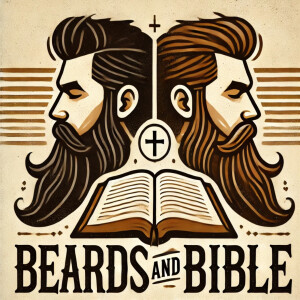
Wednesday May 03, 2023
The Divine Council, Elohim, and the gods of the Nations.
John 10:34
“Jesus answered them, “Isn’t it written in your law, ‘I said you are gods’? If he called those to whom the word of God came ‘gods’- and the Scripture cannot be broken- do you say, You are blaspheming to the one the Father set apart and sent into the world because I said: I am the Son of God?”
Jesus’ point is this: you charge me with blasphemy based on my use of the title “Son of God”; yet our own Scriptures apply the same term (“gods”, elohim) to others besides God. If others can be considered “gods”, how much more can the One whom God has chosen and sent?
The big question- who were those the that scriptures referred to as “gods”?
Several biblical passages (Psalm 82:1, Job 1:6, 1 Kings 22) speak of what some theologians call a “divine council,” an assembly of heavenly beings or “gods.” For Israel’s neighbors in the ancient Near East, such councils reflected polytheistic worldviews, where rival gods vied for power and supremacy.
For Israel, however, the members of the divine council, though heavenly and supernatural, remained subject to the providence and decrees of the one Creator God. Furthermore, God disarmed all these malevolent spiritual powers at the cross of Christ, and one day he will strip them of all authority entirely.
So wait…does the Bible embrace polytheism? How does this idea of the “divine council” correspond to the Bible’s teaching about God being distinct, omnipotent, and sovereign?
No comments yet. Be the first to say something!